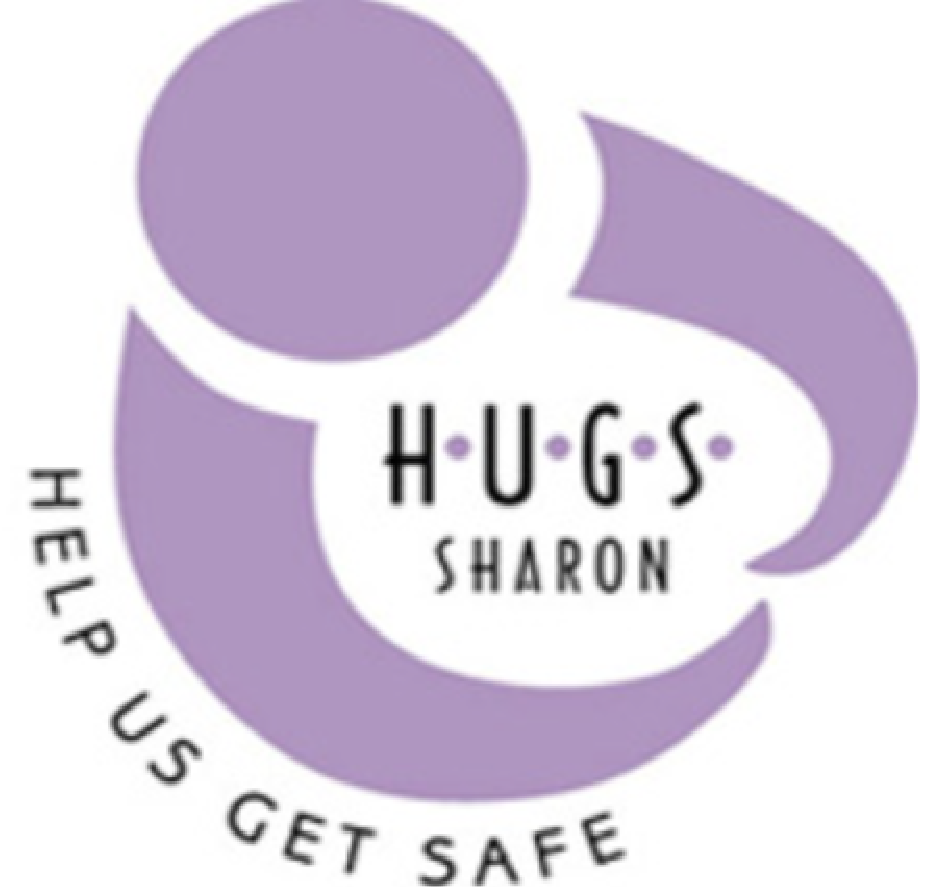Workplace Violence
On September 25, 2007, CAEPV, Liz Claiborne and Safe Horizon released a groundbreaking survey on corporate executives and employee awareness of the impact of domestic violence in the workplace.
Surprisingly, the survey shows that a significant majority of corporate executives and their employees from the nation’s largest companies recognize the harmful and extensive impact of domestic violence in the workplace, yet only 13% of corporate executives think their companies should address the problem.
The attitudes of executives differ dramatically from an overwhelming majority of employees (84%) who believe that corporations should be a part of the solution to addressing domestic violence.
Although nearly 2 in 3 corporate executives (63%) say that domestic violence is a major problem in our society and 55% cite its harmful impact on productivity in their companies, a majority of top executives have blinders on when it comes to seeing the reality of domestic violence victims working in their own companies.
(Corporate Alliance to End Partner Violence, September 2007)
How to Help a Coworker Who Is Experiencing Abuse
Approximately 74% of employed domestic violence victims are contacted or harassed by their abusers while they are at work. Based on this statistic alone, it is possible that during your professional career, you may encounter a coworker (http://www.workplacesrespond.org/ )who is experiencing domestic violence.
If someone is experiencing abuse at home, the effects of the abuse are likely to carry over into the work environment as well. You may notice changes in their behavior at work that could indicate that something is wrong. For instance:
Excessive lateness or unexplained absences
Frequent use of ‘sick time’
Unexplained injuries or bruising
Changes in appearance
Lack of concentration/often preoccupied
Disruptive phone calls or personal visits from their partner
Drops in productivity
Sensitivity about home life or hints of trouble at home
Follow your instinct, and if you feel like you should talk to them about what might be going on, do so. The worst that could happen is that they don’t want to talk – and even then, they at least know that you care. There’s no harm in asking. Work may be the one place where they can talk to someone safely without the abusive partner finding out. Also, your coworker may believe that you are more objective to their situation than family and close friends.
Be sure to approach them in a confidential manner, at a time and place without interruptions. When approaching the topic of domestic violence with your coworker, remember to be nonjudgmental. They may be embarrassed by the situation, and you might be the first person they are telling. Consider starting with a simple comment and question like, “You seem a bit preoccupied/stressed. Do you want to talk about it?” Give them the space to share what they want to share with you. Don’t pressure them.
If your coworker does open up to you about the abuse, listen and refer. Your role is not to fix the problem for them – sometimes, listening can be the most helpful. You might want to pass along some information to them. If it feels appropriate, pass on the number of the Hotline. We can help your coworker safety plan around their current situation and can refer them to local service providers.
If your coworker gives you permission, you can help them document the instances of domestic violence in their life. Take pictures of injuries, write down exact transcripts of interactions, make notes on a calendar of the dates that things happen. Documenting the abuse might help the victim to obtain legal aid later on.
If your coworker has been open with you about their situation, you can help them learn about their rights. Women’s Law is an excellent resource for information on domestic violence laws and procedures. Browsing this website with your coworker or giving them the link can provide them with crucial information.
Introduce them to the security guard, or volunteer to meet the security guard with them if they’d like help. Keeping the security guard at the office in the loop can help deter your coworker’s abuser from stopping by, make sure your coworker is escorted safely to and from the office space, and more.
Ask if they’d like to create a safety plan for their work environment. Ask what they would like you to do if their partner should call or stop by the office. If you’re having trouble coming up with a safety plan on your own, call The Hotline for assistance.
Above all remember that just supporting your coworker no matter what can make a difference. Respect their decisions – you may not know all of the factors involved. Your coworker may not do what you want or expect them to do. Instead of focusing on being the one to solve the problem for them, focus on being supportive and trustworthy in their time of need.
http://www.workplacesrespond.org/
http://stoprelationshipabuse.org
http://www.thehotline.org
http://www.caepv.org/ (corporate alliance to end partner violence)
